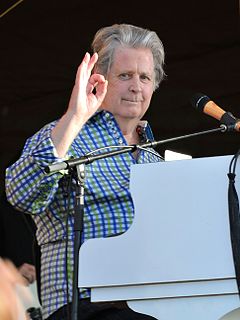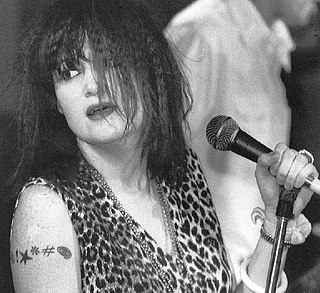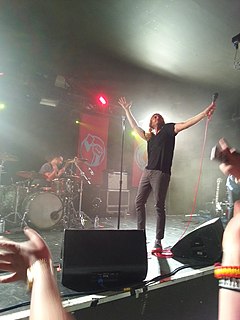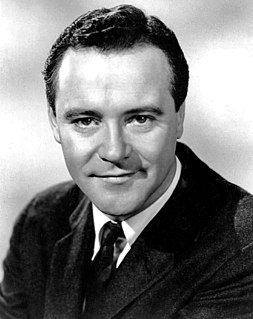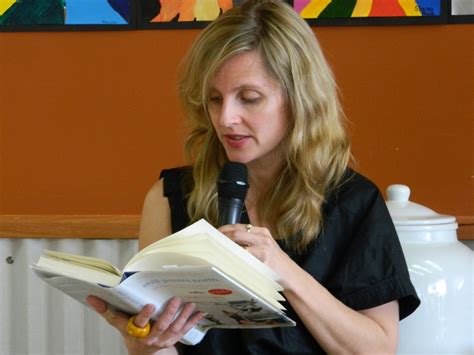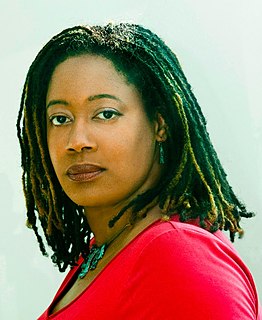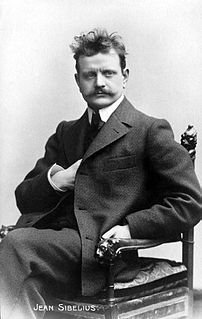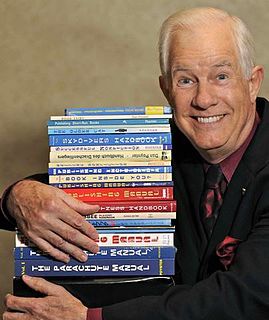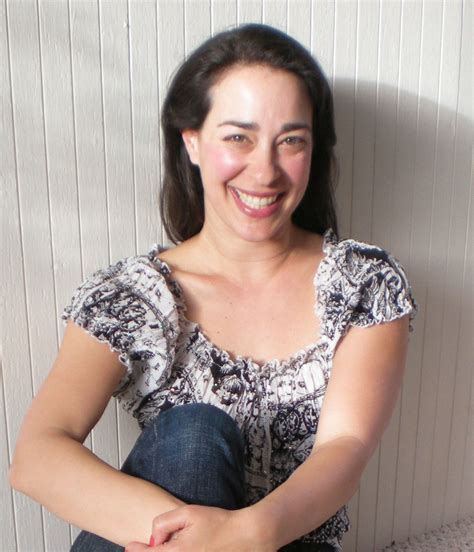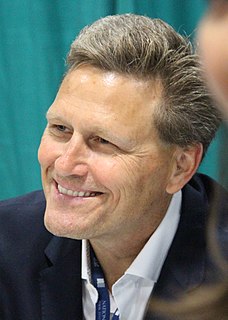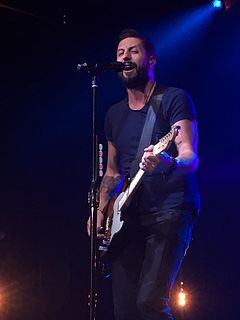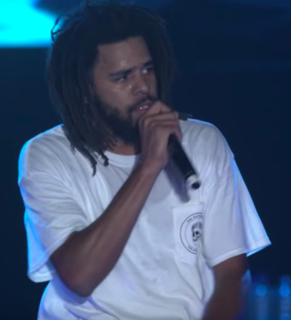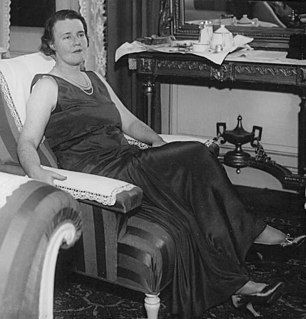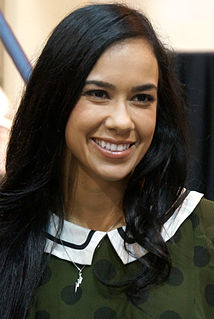Top 1200 Why We Write Quotes & Sayings - Page 17
Explore popular Why We Write quotes.
Last updated on November 8, 2024.
In one of my songs, in the song on the "Why?" remix that I did with Jadakiss in 2004, I said, "Why is Bush actin' like they tryin' to get Osama? Why don't we impeach him and elect Obama?" This is in 2004 on the "Why?" remix and I said that because I really had belief that Obama was the right person to be president
In the last volume of In Search of Lost Time, Proust compares himself to Scheherazade: he says he has finally understood the nature of the book he has to write, just at the moment when his advancing years and declining health have made him doubt that he's going to live long enough to write it. So he has to write against death like Scheherazade.
In terms of the economics, yes obviously the rise of e-books and how people choose to read books has a big effect on the economics of the game. But whether people are buying them on paper or downloading them there's still some poor wretch in a room who is trying to write a poem, write a story, write a novel. And so my job doesn't change. It's just how people receive it and economic conditions on the ground change, but that doesn't affect what I write.
Someone wanted me to write a profile for ESPN about the commissioner of baseball, and I said, "He's just some suit! Some Republican. No!" I mean if you want me to write about baseball, boxing or football, I'll write about those things because I watch them, I think about them a lot and I like them. But I don't want to write about Barry Bonds.
When I start to write a song, I initially fall into patterns and creative habits that are familiar, and because they're familiar, they sound convincing. It's important for me to not pursue those ideas, because I've already done them, but to find ideas that are different and feel strange to write and disconcerting to write.
I write very raw, ugly, illiterate first drafts very quickly (novels are always in first draft in under a year) and then I spend years and years fine-tuning, revising, editing, etc. What inspires me? Who knows. I am not inspired that much. That’s why I write long form fiction - I am not much of a short story writer. Ideas come seldom, but when a good one comes, I really stick to it and see it out. I’m a problem-solver - I've never thrown out an entire manuscript; I've always forced myself to repair it until it was a lovable thing again.
It's good for people to be able to see an archive of an artist learning how to write and getting better, especially for teenagers who are starting to write: to see that I started out making pretty easy and weird and bad-sounding music and that you can teach yourself how to write over a long period of time.
I write my first draft by hand, at least for fiction. For non-fiction, I write happily on a computer, but for fiction I write by hand, because I'm trying to achieve a kind of thoughtless state, or an unconscious instinctive state. I'm not reading what I write when I wrote. It's an unconscious outpouring that's a mess, and it's many, many steps away from anything anyone would want to read. Creating that way seems to generate the most interesting material for me to work with, though.









